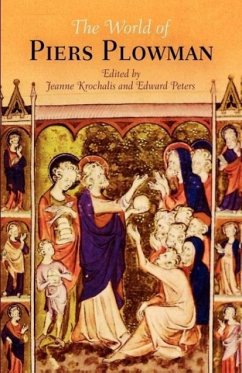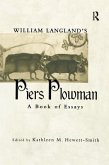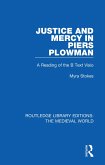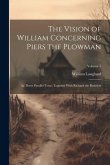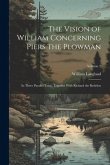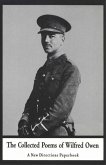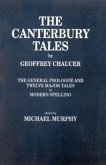Next to Chaucer's Canterbury Tales, William Langland's Piers Plowman is perhaps the best-known literary picture of fourteenth-century England. Langland's work, more socially concerned and critical than Chaucer's, reflected an age of religious controversy, social upheaval, and political unrest. The World of Piers Plowman> puts the reader in touch with the sources that helped shape Langland's somber vision. The representative documents included in this book, often cited in connection with the poem yet difficult to come by, disclose the background of Piers Plowman in social and economic history as well as folklore, art, theology, homilies, religious tractates, and chronicles. The seven sections into which the readings are divided illustrate ideas concerning (1) the heavens, the universal Church, England, and London; (2) material and spiritual abuses; (3) the most influential literary genres of the period; (4) exempla, moral tales from hagiography, sermon literature, and tracts on moral theology; (5) types of practical instruction available to the devout layperson; (6) the multiple meanings in many literary works; and (7) the moment of death, the judgments on the soul, and the torments and rewards of the afterlife. Jeanne Krochalis is Associate Professor of English at Pennsylvania State University, New Kensington. Edward Peters is Henry Charles Lea Professor of History at the University of Pennsylvania.
Bitte wählen Sie Ihr Anliegen aus.
Rechnungen
Retourenschein anfordern
Bestellstatus
Storno

